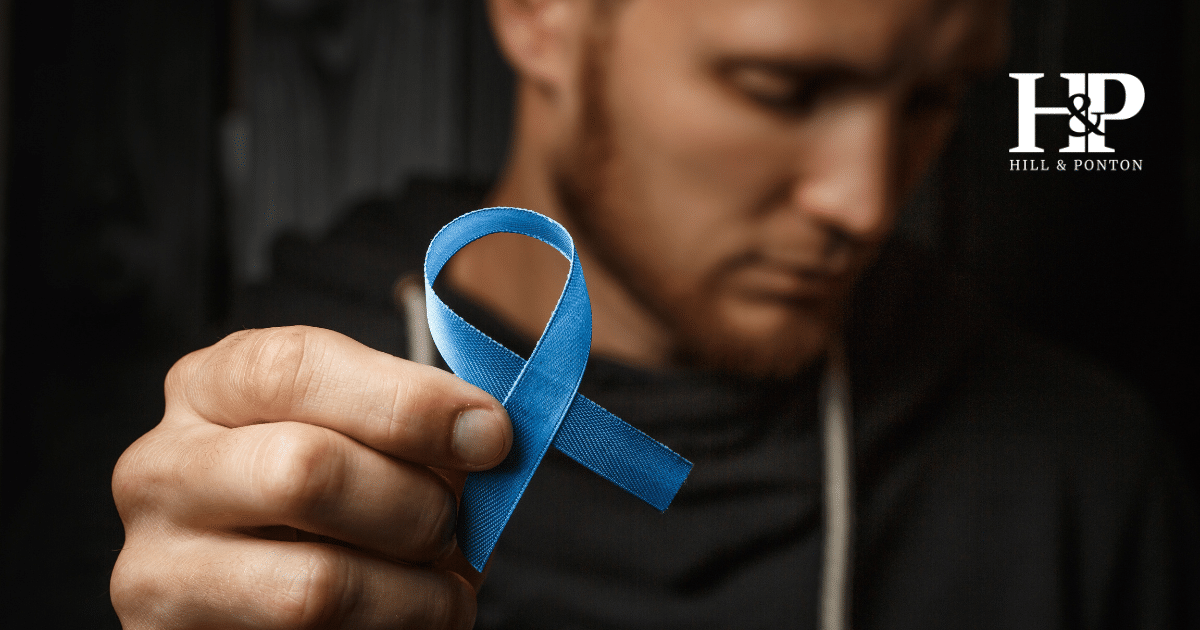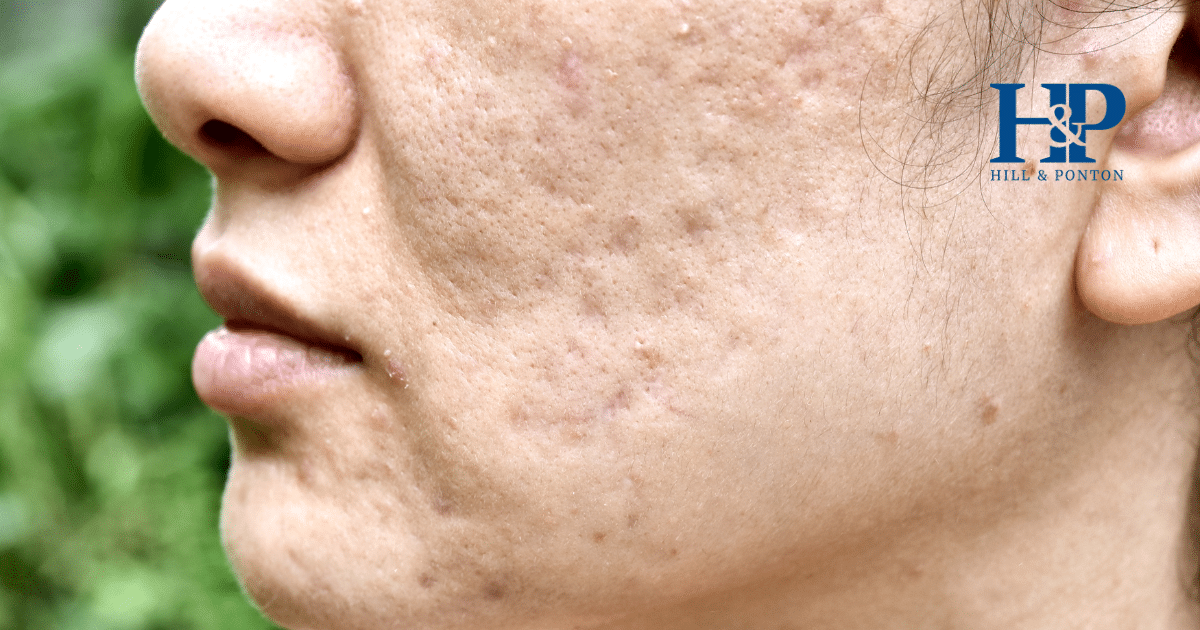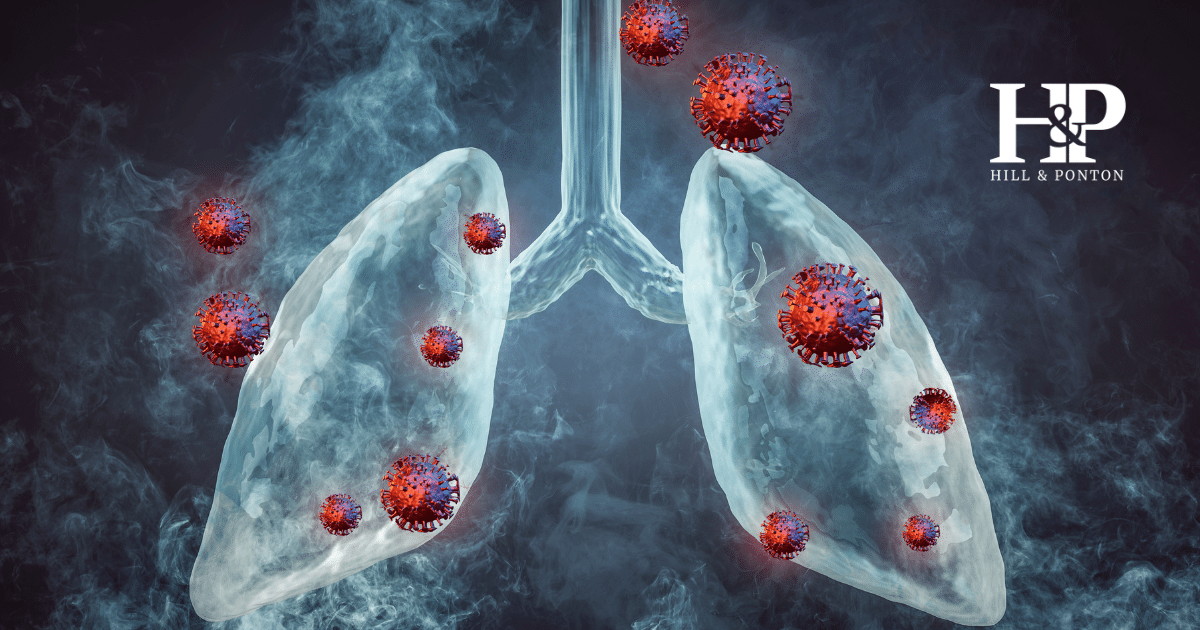Agent Orange, one of many toxic herbicides used during the Vietnam War, has left lasting health impacts on many veterans and their families. Surviving spouses of veterans exposed to Agent Orange or other herbicides may be eligible for a variety of benefits to help them cope with the loss of their loved ones.
If you are the widow or widower of a veteran who passed away due to a condition linked to Agent Orange exposure, you could obtain survivor benefits regardless of whether the veteran filed for benefits while still alive. This guide will help you find out how.
Eligibility for Agent Orange Exposure Benefits as a Widow or Widower
If you’re a surviving spouse seeking Agent Orange or other herbicide exposure related benefits, it’s essential to know the veteran’s service history. Veterans are presumed to have been exposed if they served between January 9, 1962, and May 7, 1975, in Vietnam or nearby waters.
Other eligible service includes U.S. military bases in Thailand, Laos, Cambodia, Guam, American Samoa, and Johnston Atoll. Additionally, veterans involved with C-123 aircraft or Agent Orange transportation, storage, or testing, and those serving near the Korean DMZ, may also qualify.
More service requirement details are available here:
- Public Law 116-23 (Blue Water Navy Vietnam Veterans Act of 2019)
- Air Force specialty codes and units for affected C-123 aircraft
- Dates and locations of herbicide tests and storage outside Vietnam
The veteran must also have been diagnosed with one of the diseases recognized by the Department of Veterans Affairs (VA) as being linked to Agent Orange exposure.
Diseases Associated with Agent Orange
- AL Amyloidosis
- Bladder Cancer
- Chronic B-cell Leukemias
- Chloracne (or similar acneform disease)
- Diabetes Mellitus Type 2
- Hypertension
- Hodgkin’s Disease
- Hypothyroidism
- Ischemic Heart Disease
- Monoclonal gammopathy of undetermined significance (MGUS)
- Multiple Myeloma
- Non-Hodgkin’s Lymphoma
- Parkinsonism
- Parkinson’s Disease
- Peripheral Neuropathy, Early-Onset
- Porphyria Cutanea Tarda
- Prostate Cancer
- Respiratory Cancers (lung, larynx, trachea, and bronchus)
- Soft Tissue Sarcomas (excluding osteosarcoma, chondrosarcoma, Kaposi’s sarcoma, or mesothelioma)
The Impact of the PACT Act on Herbicide-Related Claims
The PACT Act of 2022 expanded the list of presumptive conditions associated with Agent Orange and other herbicide exposure, making it easier for surviving spouses to qualify for benefits. This legislation helps eligible widows, widowers and dependents access benefits by reducing the burden of proof needed to establish the connection between the veteran’s death and their exposure.
With this expansion, more surviving spouses of Vietnam War veterans can access the benefits they are entitled to, ensuring they receive the support and compensation they deserve.
Get Help With Your VA Disability Claim
VA Dependency and Indemnity Compensation (DIC)
One of the primary benefits available to surviving spouses is Dependency and Indemnity Compensation (DIC). DIC is a tax-free monthly payment provided to the surviving spouse if the veteran’s death was service-connected. The veteran’s death must be due to a disease associated with herbicide exposure, such as those listed above.
Eligibility for DIC
To qualify for VA benefits as a surviving spouse, you must meet these conditions:
- You lived with the veteran until their death (or were separated without fault).
- You were married to the veteran within 15 years of their discharge, for at least one year, or had a child with them.
If remarried, you may still qualify if:
- You remarried on or after December 16, 2003, and were 57 years of age or older at the time you remarried, OR
- You remarried on or after January 5, 2021, and you were 55 years of age or older at the time you remarried.
You’ll also need evidence showing the veteran died from a service-connected condition or had a total disability rating for a specific period before death. DIC payments can help provide financial security to surviving spouses, covering daily living expenses and ensuring they receive support after the loss of their partner.
Survivor’s Pension
The VA Survivors Pension is a tax-free benefit for the surviving spouse or unmarried children of a veteran who served during wartime. To qualify, the veteran must have served at least 90 days (about 3 months) of active duty, including one day during wartime, and must have been discharged under conditions other than dishonorable.
The surviving spouse must not be remarried and must have income below a certain threshold set by Congress. Deductible expenses, such as medical costs, can help lower countable income, and the VA provides payments based on the difference between income and the set limit.
Health Care and Education Benefits for Surviving Spouses
CHAMPVA (Civilian Health and Medical Program of the Department of Veterans Affairs) provides health care coverage for spouses, surviving spouses, and children of veterans who are permanently disabled due to service-related conditions or who died from a service-connected disability. It covers a wide range of services, including hospital care, outpatient treatment, mental health services, durable medical equipment, and prescription medications.
Eligibility Criteria:
- Spouse or child of a veteran with a permanent and total service-connected disability
- Surviving spouse or child of a veteran who died from a service-connected disability
Key Benefits:
- Comprehensive coverage for medical services like hospital stays, mental health treatment, and preventive care
- Coverage for durable medical equipment, prescriptions, and outpatient care
Surviving spouses who remarry after the age of 55 can retain their CHAMPVA benefits. Children may be eligible until they turn 18 (or 23 if enrolled in school).
More details can be found on the VA CHAMPVA page.
The VA offers education benefits to the surviving spouses and dependents of veterans through programs like the Fry Scholarship and the Survivors’ and Dependents’ Educational Assistance (DEA) program. These benefits can help cover tuition, housing, books, and other education-related expenses for those eligible.
The Fry Scholarship provides benefits like the Post-9/11 GI Bill, while the DEA program offers monthly payments for degree and certificate programs. Eligibility depends on the veteran’s service and circumstances of death.
More information can be found on the VA’s website.
Home Loan Benefits for Surviving Spouses
The VA’s Home Loan Guaranty Program is another key benefit available to surviving spouses. This program allows widows and widowers to apply for a VA-backed home loan with no down payment, competitive interest rates, and no private mortgage insurance (PMI) requirement. If the veteran died because of a service-connected disability, including conditions linked to Agent Orange and other herbicides, the widow(er) may be eligible for this benefit.
A VA-backed home loan can make homeownership more accessible, offering surviving spouses the opportunity to secure stable housing without the financial burden of a large down payment.
Burial and Memorial Benefits
The VA also provides help with burial and memorial costs for veterans exposed to herbicides like Agent Orange. VA burial benefits may include:
- Burial in a VA national cemetery
- A burial allowance
- A government-provided headstone or marker
- A presidential memorial certificate
Spouses may also request that the veteran’s service-connected condition be engraved on their headstone to honor their service and sacrifices. Learn more about VA burial benefits from the National Cemetery Administration.
How to Apply for Agent Orange Survivor Benefits
Surviving spouses can apply for these benefits by filing a claim with the VA. It’s important to gather the necessary documentation, including:
- The veteran’s death certificate
- Proof of marriage to the veteran
- Medical records showing the veteran’s diagnosis with an Agent Orange-related condition
If the veteran did not undergo an Agent Orange Registry exam before their death, the surviving spouse can request a posthumous examination to establish the connection between the veteran’s death and their exposure to herbicides.




